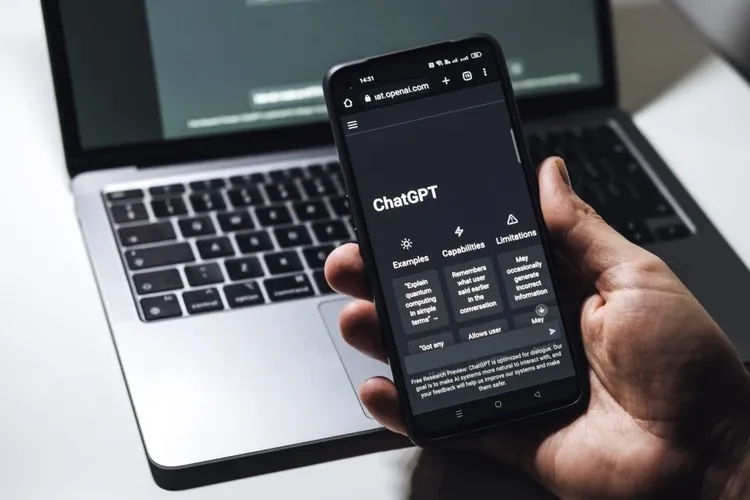Artificial intelligence system ChatGPT matched the top 1% of human thinkers with respect to creativity in a recent study from the University of Montana.
ChatGPT, which has drawn attention for the tool’s capacity to complete tasks such as writing emails and debugging code in a matter of seconds, was prompted to take the Torrance Tests of Creative Thinking by University of Montana entrepreneurship professor Erik Guzik. The artificial intelligence system placed within the uppermost 1% of results when compared to a sample of 2,700 nationwide college students who took the exam in 2016, the academic said in an interview with the University of Montana News Service.
Guzik, who studies creativity in the context of entrepreneurship and business management, concluded that artificial intelligence “seems to be developing creative ability on par with or even exceeding” human ingenuity.
“We had all been exploring with ChatGPT, and we noticed it had been doing some interesting things that we didn’t expect,” he said. “Some of the responses were novel and surprising. That’s when we decided to put it to the test to see how creative it really is.”
ChatGPT scored within the top percentiles on fluency, the ability to create a large volume of ideas, and originality, the ability to generate new ideas. The system also scored within the ninety-seventh percentile on flexibility, the capacity to generate different types of ideas.
Individuals who take the Torrance Tests are presented with prompts that resemble real-life creative tasks. Guzik said that one such prompt could ask a participant to list as many uses for a basketball as possible: beyond shooting the basketball or mounting it in a display, one could use it as a paperweight, cut it to create a planter, or grind it up to make something entirely new.
“I think we know the future is going to include AI in some fashion,” he continued. “We have to be careful about how it’s used and consider needed rules and regulations. But businesses already are using it for many creative tasks. In terms of entrepreneurship and regional innovation, this is a game changer.”
ChatGPT, which was developed by OpenAI and unveiled at the end of last year, has garnered attention in the corporate world as professionals leverage the tool to assist with time-consuming elements of their work. The advent of the mass-market artificial intelligence system has sparked a debate about potential unemployment induced by the nascent technology: one analysis from investment bank Goldman Sachs forecasted that as many as 7% of positions in the United States could be rendered obsolete by artificial intelligence, especially in white-collar industries.
Artificial intelligence could, on the other hand, reduce time spent on the more menial elements of white-collar professions, catalyzing more economic productivity as workers allocate their attention to more complex tasks.
Beyond the Torrance Tests, other studies have demonstrated that ChatGPT can earn competitive scores on the MCAT and LSAT exams, which are respectively required for admission into medical and law school programs. Christian Terwiesch, an operations management professor at the University of Pennsylvania’s Wharton School, recently demonstrated that ChatGPT can earn robust scores on his graduate-level final exam.




